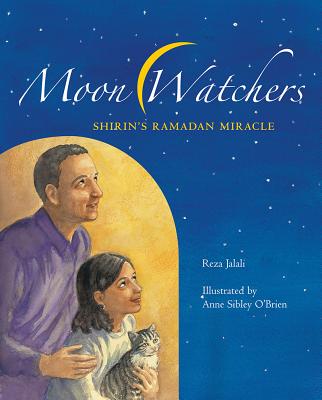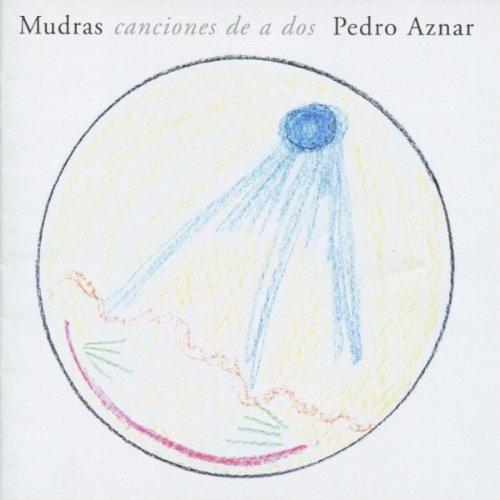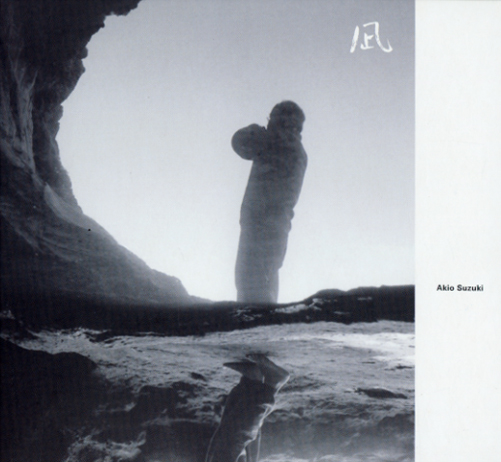
For Muslim people around the world, Ramadan is a month-long time for prayer, fasting, and charity. This month of blessing is not viewed as a time of hardship but instead as a time to develop self-discipline and increase awareness of and compassion for the poor and the hungry. It is a time to deepen connection with Allah through prayer and community. For this much-anticipated month, Muslim people gather together in homes, shops, and restaurants to break their fasts and pray.
Islam uses a lunar calendar, so the timing of Ramadan depends on the cycles of the moon. Ramadan lasts a lunar month: from new moon to full moon and back to new moon. Ramadan always begins on the first night of the new moon of the ninth month of the year. Because the lunar calendar's months are shorter than the solar calendar's months, Ramadan appears to move from year to year. As a result, fasting (no food or water) during the winter months is not quite so much a challenge as fasting during long, hot summer days.
It is the custom to start the day with a pre-dawn meal called suhoor, then not eat or drink again until after the sun has set. That post-daylight meal is called iftar. Sharing these pre-dawn and post-sunset meals is an important part of community and family bonding, which is part of why Shirin feels a bit left out.
Ramadan is as important to many Muslims as Christmas and Easter are to many Christians, and Passover, Yom Kippur, and Rosh Hashanah are to many Jewish people. Ramadan ends with a gift-giving celebration called Eid ul-Fitr, which means festival of breaking the fast.
Moon Watchers could promote conversations about:
- Sibling rivalry
- Making ethical decisions
- Food, culture, and religious holidays
- Lessons that can be learned from the experience of fasting
- The role of the lunar calendar in Islam and other religions
- Diverse family traditions and practices for holidays







